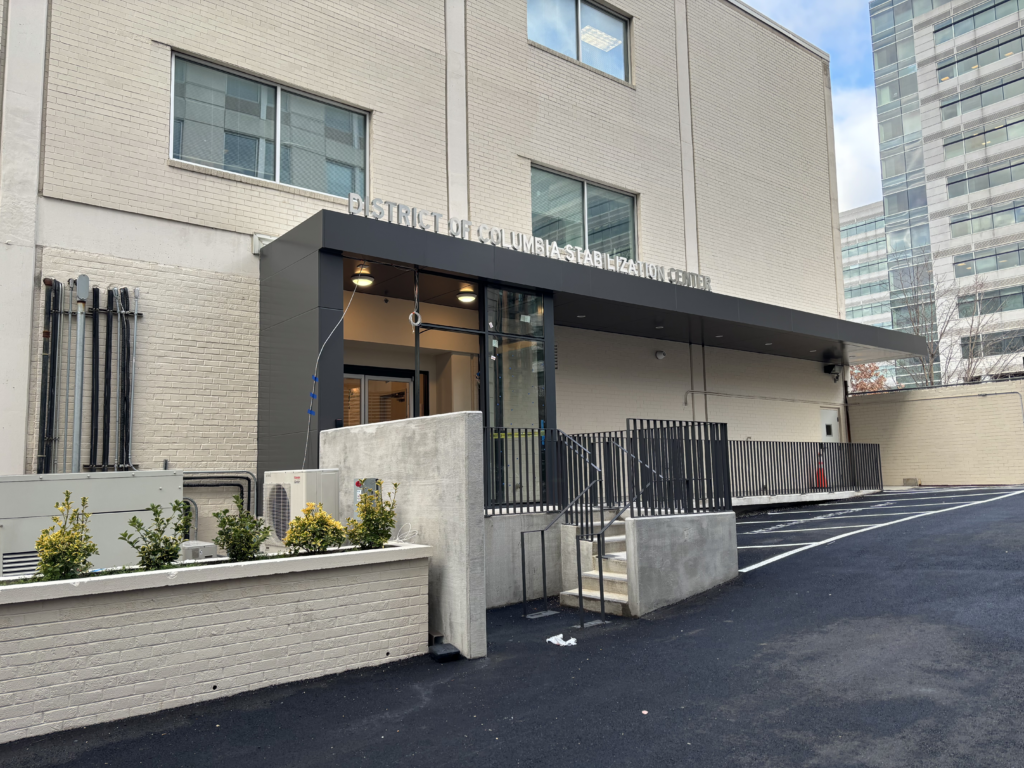A common narrative about people experiencing homelessness is that they’re all drug addicts, and a common judgment people make about them, in turn, is that if they’d only have made smarter choices, they could’ve avoided this fate. While it’s true that many people experiencing homelessness also struggle with substance abuse, the causal relationship between the two is not as simple as, if someone gets addicted, then they will become homeless.
Rather, the onset of homelessness and the onset of substance abuse — or other mental illnesses — don’t fit onto a neat timeline because either can come first. Just as someone might lose their home because their money goes toward feeding their addiction and not toward paying their rent, so too might someone turn to substances and develop an addiction because they are caught in a hopeless cycle of sleeping outside and not making enough to put a roof over their head. If anything, seeking the numbness and escape that substances provide is a natural response to the stress of homelessness–or the stress of scraping together rent when living paycheck to paycheck, for that matter. These two factors reinforce each other and can trap people if no one gives them the tools to steer themselves onto an exit ramp. The inverse is also true: even if one condition subsides, the other may persist, as in the case of one of my clients now.
On the housing front, this client has turned a corner — he has an apartment — but his substance abuse disorder still grips him full force. Meeting with him sober is a rarity. In December and January alone, he went to the emergency room three times for intense withdrawal symptoms. Four days into one of his stays, the doctors were still finding traces of his substance of choice in his blood.
As this client started to share more about his addiction with me, my initial impulse was to convince him that seeking treatment was the best option. I spun myself in circles trying to put together the most logical arguments and feeling flummoxed at his every retort. Unwittingly, I fell into another common judgment of people experiencing homelessness, particularly those also struggling with substance abuse: that they can’t make their own decisions. As the rationale goes, now that these folks are addicted, they need someone else who knows better to teach them how to get out of their situation. People who only give their homeless neighbors food, not cash, out of concern that they’ll go blow any money they get on drugs are a good example of this perception in action. And so was I.
The piece of the picture I was overlooking — the piece that my supervisor helped me hone in on — is that my client does not need me to tell him that his substance abuse is a problem. He is the one bringing up the idea of seeking treatment, and he is also the one who is not ready to put his whole life on hold to give himself over to a medical system he does not trust. As such, my goal changed from persuasion to preparation. Starting from the shared baseline understanding that my client eventually needs to go to the hospital in order to break this cycle, he and I can now focus on how to get from point A to point B. If he’s not ready today, why not assemble two changes of clothes for when he is? If one of his concerns is not having any money to fall back on once he’s detoxed, why not work on claiming his stimulus check now? I can’t force my client to do anything; all I can do is support him as he sets himself up to meet his goals.
I share this story first to make an example of myself. I hope that baring this misstep can help other people recognize how their own internalized biases against the homeless community play out and serve as motivation to change those behaviors. Transforming our individual interpersonal dynamics with our homeless neighbors doesn’t constitute systemic change, but it can make that work possible and spur it forward. The more that people understand that homelessness and substance abuse are intertwined and that people experiencing them know what they need but don’t always have the resources to get it, the more we can each implement these takeaways and this empathy into whatever work we do. For me, this is what that practice is starting to look like. I encourage you to figure out what it looks like for you.






